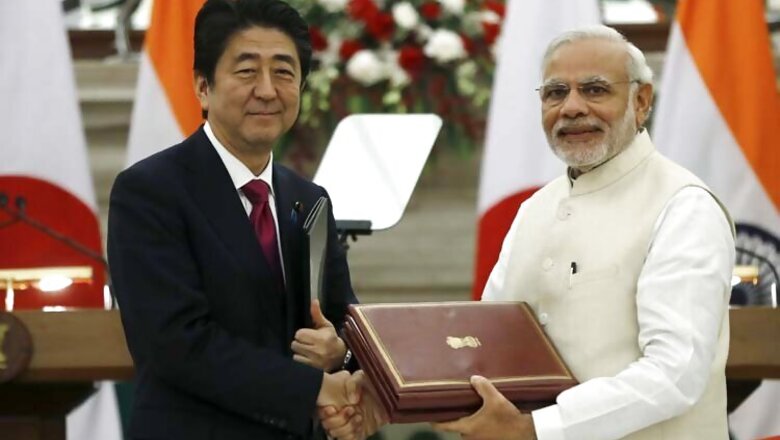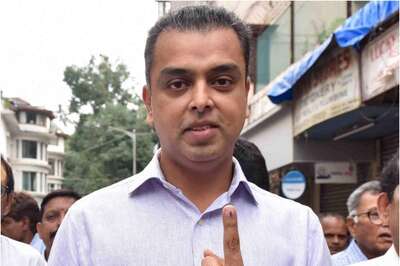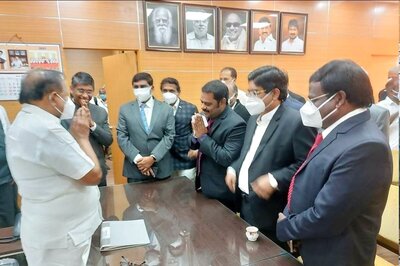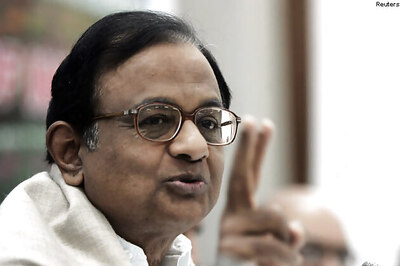
views
New Delhi: As both countries "in principle" agreed for cooperation in civil nuclear energy, Japan on Saturday cautioned India that it will be "quite natural" for it to review its cooperation if New Delhi goes for a nuclear test.
However, Japan asserted that it does not see India moving in that direction. If sealed, the nuclear pact with India will be Japan's first with a country which has not joined the Nuclear Non-Proliferation Treaty.
"What do you think will happen," asked Yasuhisa Kawamura, Press Secretary, Director General for Press and Public Diplomacy of the Japanese government when asked how Japan will react if India goes in for a nuclear test.
He said that Japan does not see India moving away from its self imposed moratorium on nuclear tests and international commitments.
"If India does a test and recedes from its commitment, it will be quite natural for Japan to review its cooperation with India. But again, as I said, we do not expect or see such a movement," he said.
Japan is a major player in the nuclear energy market and an atomic deal with it will also make it easier for US-based nuclear plant makers Westinghouse Electric Corporation and GE Energy Inc to set up atomic plants in India as both these conglomerates have Japanese investments.
The agreement, featuring broad contours of cooperation in the nuclear field, was signed after Prime Minister Narendra Modi and his Japanese counterpart Shinzo Abe held the ninth annual Indo-Japan summit talks here.
"The significance of today's agreement is that the two countries have reached an agreement that will provide the basis for a cooperation in nuclear technology for peaceful purpose," he said adding both the sides have "in principle" agreed to cooperate on nuclear technology.
Kawamura said this agreement will guarantee India will take responsible actions for the peaceful use of nuclear energy. The fundamental structure of the this agreement is solid, he asserted.
Briefing the reporters here on Abe's visit, Kawamura said that the the meeting between the two leaders was "historic". He said the bilateral meeting lasted for nearly an hour and today was the beginning of the new year for both countries. Both countries were entering in a new era of bilateral ties.
Kawamura asserted that the "in principle' nuclear agreement could not have been achieved by any other leader from both countries.


















Comments
0 comment